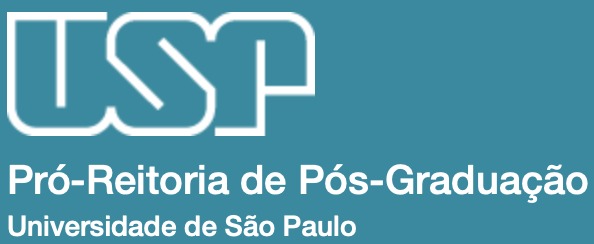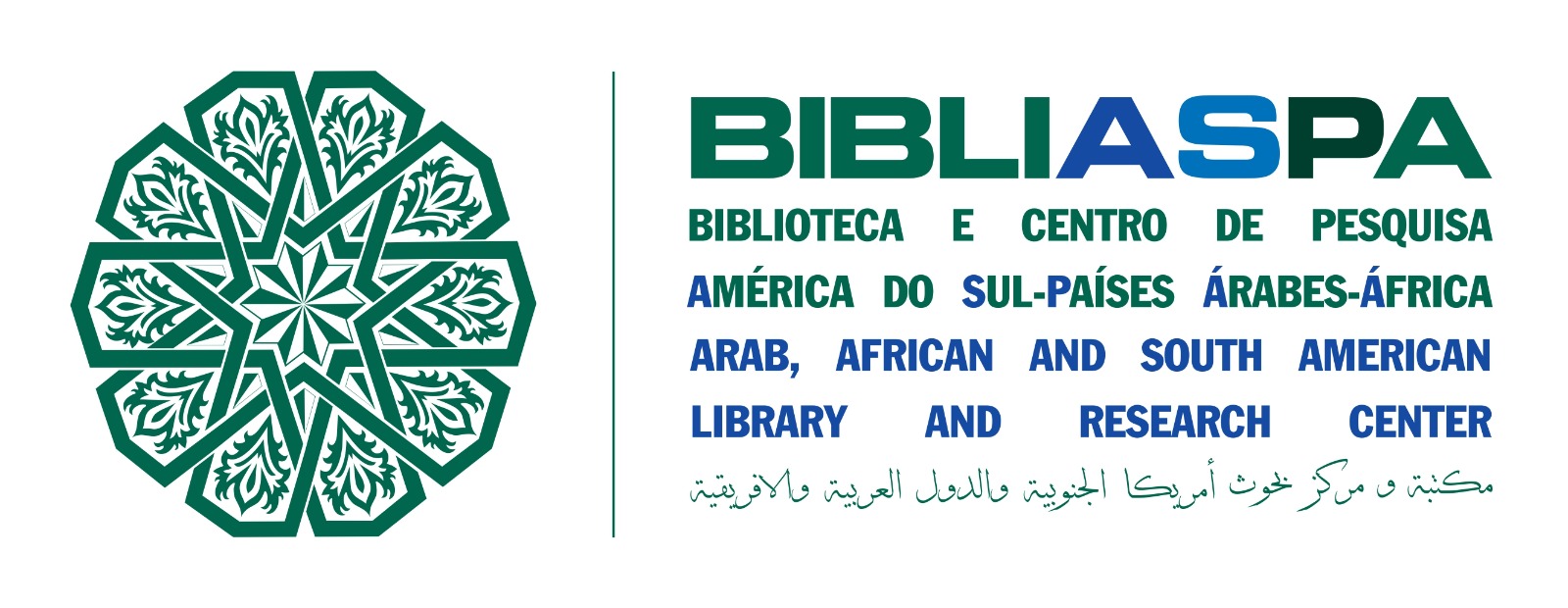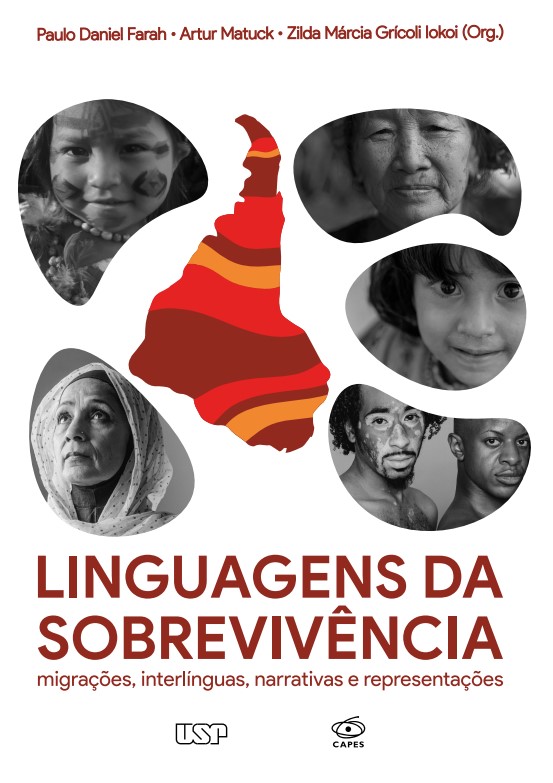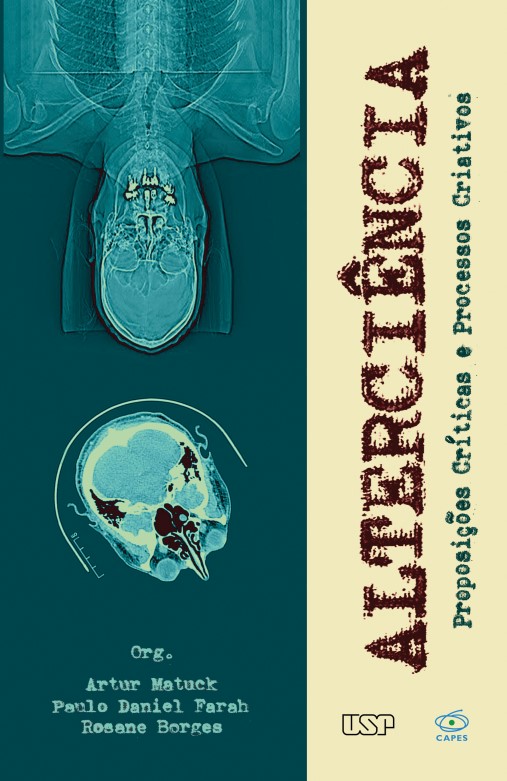The Graduate Program Humanities, Rights and Other Legitimacies (PPGHDL) of the University of São Paulo (USP) adopts Affirmative Actions aimed at applicants self-declared as black, indigenous, people with disabilities, transgender, refugees, stateless people and holders of humanitarian visas who wish to participate in the Affirmative Action Policy, alternating each year in 50% and 80% of reserved seats. In 2022, the PPGHDL reserved 80% (eighty percent) of the vacancies in the selection process.
Quotas distribution table
| Year | Number of available places | Quotas | Quotas (%) |
| 2019 | 40 | 20 | 50% |
| 2020 | 84 | 67 | 80% |
| 2021 | 47 | 24 | 50% |
| 2022 | 54 | 43 | 80% |
Besides the reservation of quotas, the PPGHDL/FFLCH/USP has partnerships with civil society movements to promote preparatory courses for graduate studies.
It is important to highlight the initiatives of the student body of the Program in enabling and opportunizing the access of black, indigenous, refugee, disabled, LGBTQIA+ and impoverished people in Higher Education institutions.
Likewise, the PPGHDL has promoted changes in its regulations in order to support the inclusion and permanence in the university of historically marginalized groups in Brazil.
Moreover, the PPGHDL regularly promotes lectures, debates, round tables, projects and seminars on the theme (such as the Seminar on Affirmative Action Policies: perspectives, challenges and potentialities).
The Graduate Program in Humanities, Rights and Other Legitimacies (PPGHDL), linked to the Faculty of Philosophy, Literature and Humanities (FFLCH) at the University of São Paulo (USP), adopts policies of affirmative action, among other motivations, when considering
- the provisions of Article II, of the International Convention on the Elimination of All Forms of Racial Discrimination, promulgated by Decree No. 65.810, December 8, 1969;
- the provisions of Article 4, caput, item II, and sole paragraph, and Article 39 of Law No. 12288 of July 20, 2010 - Statute of Racial Equality;
- the directives of the Third National Human Rights Plan - PNDHIII, approved by Decree No. 7.037, of December 21, 2009, in its Guiding Axis III, Guideline 9, Strategic Objective 1;
- that inequalities encompass the economic, social, and political spheres, and especially education and opportunities, affirmative action needs to be applied quantitatively and qualitatively in a broader way in higher education institutions;
- that affirmative actions are measures that seek to eliminate historically accumulated inequalities, and racial quotas are a measure for redressing those inequalities in a society built on racist structures;
- the urgency of the principle of historical adjustment with indigenous ethnicities, as well as the importance of this oral knowledge acting in partnership with the production of scientific knowledge;
- that, historically, the right of people with disabilities to education has been denied and that the trajectory of this sector of Brazilian society - either by absolute silencing of their demands, or by the policies of asylums and compulsory internment - has been systematically obstructed. And considering that the absence of people with disabilities in universities has two perverse implications: first, it violates the right of these people to an adequate educational formation, and second, no less important, it makes impossible the presence in the university of all the diversity present in Brazilian society;
- the extreme vulnerability of trans people in Brazil, which has the world's highest rates of transpeminicide, and the innumerable difficulties of access and permanence of trans people in the school and university universe;
- that Brazil, associated with the record number of displacements in the world, began to receive, especially from 2010 on, in a growing manner and in a complex migratory scenario that extends until today, refugees and immigrants in a high degree of vulnerability.









